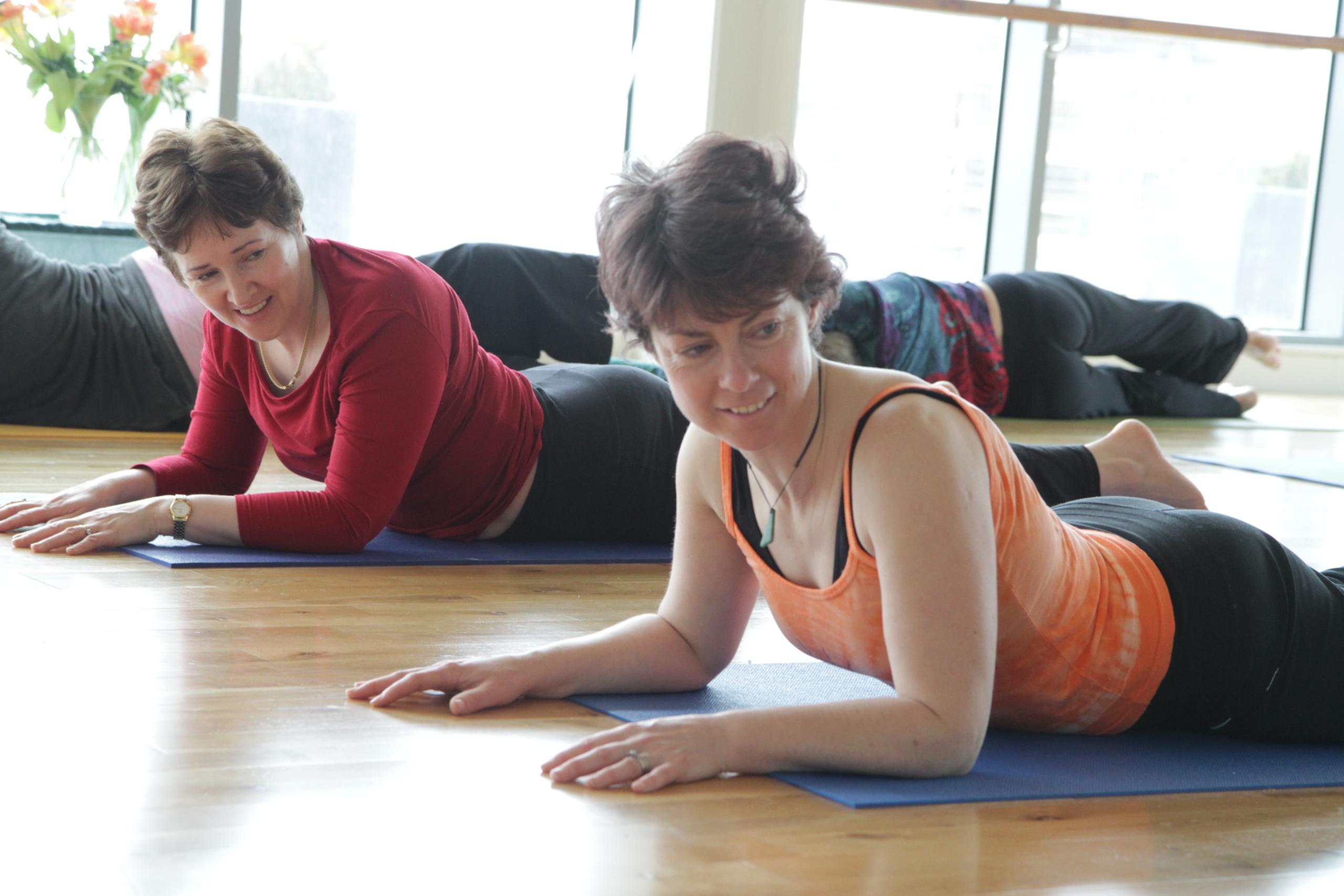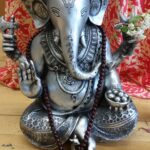Course Content – LYATT 350

Need more information? What to do next….
- We will announce details of our next training soon. Please contact info@living-yoga.ie to register your interest, sate your curiosity or ask your questions. See you downstream!
- Want to have an experience of the practice? Check out Lisa’s sample online classes on Ekhart Yoga, see her YouTube Channel or listen to hear on a podcast.
- Contact our Training Co-ordinator at info@living-yoga.ie with any questions. We are happy to organise a phone call to answer your individual queries, help you plan your training or customise your learning. Please request our logistics document for suggestions relating to travel, subsistence and accommodation.
- Once you’re ready, request an application form and submit it with your deposit payment in the link above. We’ll get back to you within two weeks of receiving your form. Upon acceptance, you’ll receive a welcome pack, reading list and full payment details. We’ll refund your deposit if you are not eligible and if possible try and help you find a more suitable course.
- Check our website, join the Living Yoga Facebook page, or sign up to our newsletter for up-to-date news on events in your locality and to hear about all the other goodies on offer.
Scroll down for module descriptions, logistics, practicalities, fees, eligibility, certification, accreditation and assessment information.
Registration, Logistics and Practicalities
Venue
Loreto Abbey, Dalkey, County Dublin, Ireland
Training Times
10.00-13.00 and 14.30-17.30 each day with the addition of a supervised practice from 08.00-09.30 on days 2 to the last day on all modules.
Registration
Registration is open from 9.15 on the first day of each module
Eligibility
In order to apply, you need to be a qualified Yoga teacher or a dedicated and experienced student of Yoga with a regular practice of over 5 years. Otherwise, all we ask of you is…..enthusiasm to learn, innate curiosity, a sense of humour, an open mind and openhearted love of Yoga
Deposits and Fees
We’re reviewing our fees and structure at the moment. Previous course fees for 36 full days training were €3950. Early bird: €3,600
We asked for a deposit of €500 to secure your place submitted at the same time as your application form. We refunded you if you were n’t eligible. We also offered a payment plan.
Course fees include all tuition and assessment, mentoring and module manuals. They do not include travel, accommodation or food.
Certification
This training is certified with Living Yoga
Accreditation
The 350 hour 9 core module training is accredited with Yoga Alliance Professionals (YAP). Please note that accreditation with YAP for this 350-hour course is only available to qualified Yoga teachers who already have a basic 200 hour qualification and who complete the full 350 hours of this course in one or more iterations.

Assessments
We ask you to complete an interim self-reflection paper and a class presentation in Module 9.
Contact and Non-contact Hours
The LYATT 350 constitutes 36 full days training which includes 259 contact hours and 91 non-contact hours. The non-contact hours include home practice, study buddy sessions, review and consolidation of class materials. We will ask you to keep a learning log or home practice journal to help record your practice.
Permission to share your contact details with Yoga Alliance Professionals
Under our terms and conditions with YAP, we will ask you if you are willing for us to share your contact details with them. This is so that they can invite you to register with them as a trainee and a teacher. This is not an obligation of any kind.

‘This was the first Teacher Training that enriched my life as much off the mat as on it. It helped me to embody the theoretical knowledge that I been gathering for 15 years as a student and a teacher. My practice and teaching took on a new direction and a new depth. My students have journeyed with me as enthusiastically and passionately as myself, ever curious about the fruits of the training. This work is like a very quiet but powerful revolution.’

‘Lisa’s intuitive and exquisite mind have made this training to one of the most comprehensive and versatile courses I have ever attended. Lisa shows us what true sharing is, and selflessly offers her undeniable wealth of knowledge and support to her students (as do her co- teachers). She is an inspiration to me, and I feel blessed for being able to enhance my own knowledge through this amazing course. Thank you Lisa for making me a better person.’

‘The training was infinitely beyond my expectations in every respect. This is quite simply food for the soul, cleverly disguised as a training course. So thank you to all of you for making this one of the most enjoyable, enlightening and nourishing experiences of my life! Through this wonderful experience, I really feel that in some fundamental way, I have finally ‘come home’ to myself.’